Home>Articles>How To Tell If Water Heater Is Gas Or Electric
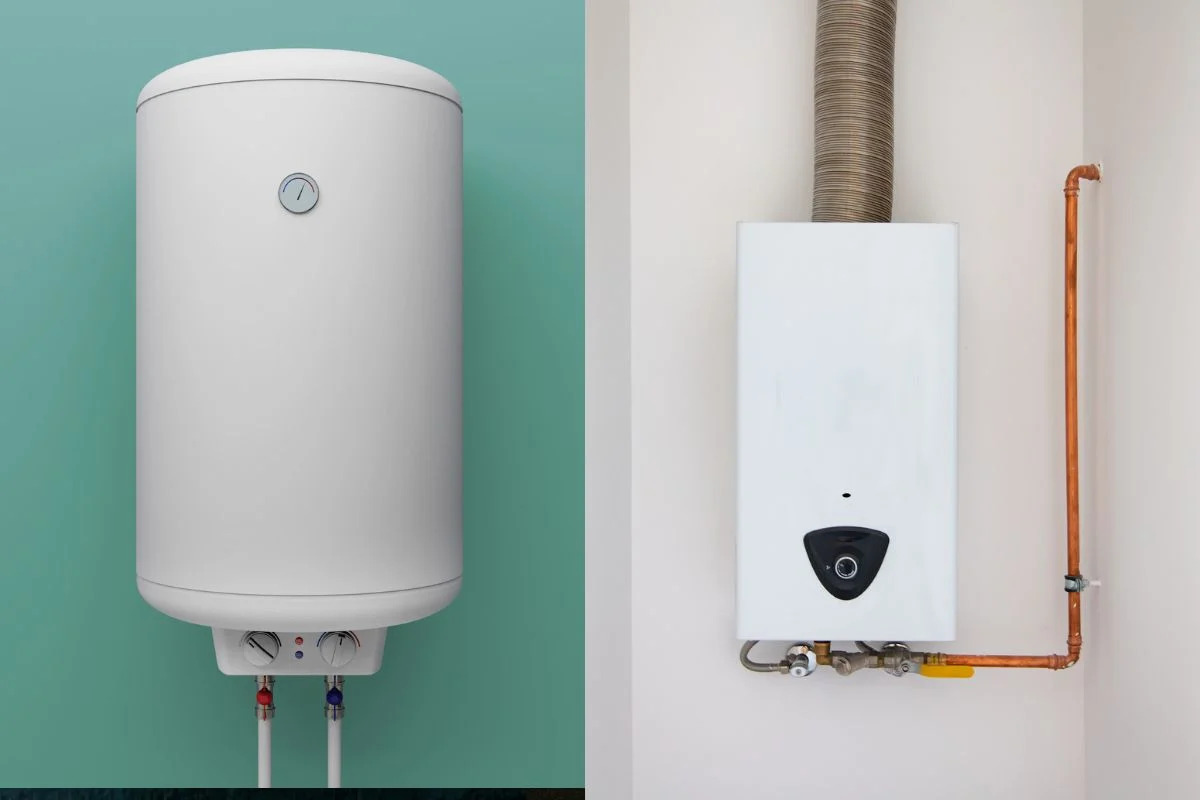

Articles
How To Tell If Water Heater Is Gas Or Electric
Modified: May 6, 2024
Learn how to determine if your water heater is gas or electric with this informative article. Find out the key differences and make the right decision for your home.
(Many of the links in this article redirect to a specific reviewed product. Your purchase of these products through affiliate links helps to generate commission for Storables.com, at no extra cost. Learn more)
Introduction
When it comes to water heaters, there are two main types: gas and electric. Knowing which type of water heater you have is essential for maintenance, troubleshooting, and even purchasing the right replacement parts. While some people may be able to determine the type of water heater they have at first glance, others may require a more thorough inspection. In this article, we will explore various methods to help you determine whether your water heater is gas or electric.
Understanding the type of water heater you have is crucial because gas and electric water heaters operate differently and have distinct maintenance requirements. Additionally, this knowledge is vital for your safety and the safety of your home. Gas and electric water heaters have different fuel sources and different components, so it’s important to know which one you’re dealing with.
In this article, we will discuss some visual cues to help you identify the type of water heater you have. We will also walk you through the process of checking the power source and the fuel source of your water heater. Furthermore, we will cover the importance of reviewing the user manual and seeking professional assistance if needed.
By the end of this article, you will have a clear understanding of how to determine if your water heater is gas or electric, empowering you to make informed decisions regarding its maintenance and operation. So, let’s dive in and start deciphering the clues that will reveal the nature of your water heater.
Key Takeaways:
- Visual cues such as flue pipes, power cords, and gas connections can help you determine if your water heater is gas or electric. Use these clues to confidently identify the type of water heater you have.
- If you’re unsure, consult the user manual or seek professional assistance. Knowing the type of water heater you have is crucial for maintenance, safety, and efficient operation.
Read more: How To Tell If Washer Is Gas Or Electric
Understanding Water Heater Types
Before we delve into the specific methods for identifying the type of water heater you have, it’s important to have a basic understanding of the two main types: gas and electric water heaters.
Gas Water Heaters:
Gas water heaters rely on natural gas or propane to heat the water. They have a burner unit located at the bottom of the tank, which is ignited by a pilot light or electronic ignition. As the gas is burned, it heats up the water in the tank, and hot water is then distributed throughout your home’s plumbing system.
Electric Water Heaters:
On the other hand, electric water heaters use electrical resistance elements to heat the water. These elements are submerged directly into the water, and as an electric current passes through them, they generate heat. The heated water rises to the top of the tank and is then transferred to the faucets and appliances in your home.
Now that you have a general understanding of the two types, let’s explore some methods for identifying whether your water heater is gas or electric.
Visual Inspection
A visual inspection is often the first step in determining whether your water heater is gas or electric. You can gather valuable information by examining the external components and features of the water heater.
1. Look for a Flue Pipe or Vent:
A gas water heater will have a flue pipe or vent connected to it. This pipe is responsible for venting out the combustion gases produced by the burner. It is typically made of metal and can be found on the top of the water heater. If you see a flue pipe or vent, it is a strong indication that your water heater is gas-powered. Electric water heaters, on the other hand, do not require a vent as they do not produce any combustion gases.
2. Check for Gas Connections:
Inspect the area around your water heater for any gas connections. Gas water heaters require a dedicated gas supply line, which is typically connected near the bottom of the water heater. Look for a flexible gas line or a gas valve, which is used to control the flow of gas to the burner. If you spot any gas connections, it confirms that your water heater is gas-powered.
3. Examine the Power Supply:
Electric water heaters will have a power cord connected to them. Look for a thick cord with a plug at the end that fits into a standard electrical outlet. The cord is usually located at the top of the water heater and may be visible or concealed behind a panel. If you see a power cord, it indicates that your water heater is electric.
4. Read the Label or Manufacturer’s Information:
Take a close look at the label or manufacturer’s information on your water heater. This information is often located on the front panel or near the control panel. Look for any indications of “gas,” “natural gas,” “propane,” or “electric” to determine the type of water heater you have.
Remember, a visual inspection should only serve as an initial assessment. To confirm your findings and gain a comprehensive understanding, it’s important to perform additional checks on the power and fuel sources.
Checking the Power Source
Checking the power source of your water heater is a key step in determining whether it is gas or electric. The power source will indicate how the water heater generates heat and operates. Here’s how you can check the power source:
1. Locate the Power Supply:
First, identify where the power supply is for your water heater. For electric water heaters, the power supply is typically connected directly to the unit. Look for a power cord plugged into an electrical outlet near the water heater. If you find a power cord, it confirms that your water heater is electrically powered.
2. Test for Electricity:
If you have identified a power cord connected to your water heater, you can further verify that it is electric by testing for electricity. Use a multimeter or voltage tester to check for the presence of electricity at the power cord. Follow the manufacturer’s instructions for using the testing equipment and ensure you take proper safety precautions.
3. Gas Water Heater without Power Cord:
If you do not find a power cord connected to your water heater, it indicates that your water heater is gas-powered. Gas water heaters do not require electricity to operate, as they use natural gas or propane as their fuel source.
Remember, if you have recently experienced a power outage or turned off the breaker for maintenance purposes, the absence of electricity does not necessarily mean your water heater is gas-powered. It’s important to ensure that power is actively supplied to the water heater during the testing process.
By checking the power source, you can confidently determine whether your water heater is gas or electric, providing valuable information for maintenance and troubleshooting purposes.
Look for a gas supply line and a flue pipe to determine if the water heater is gas. If there is no gas line and a large electrical cable is connected, it is likely an electric water heater.
Checking the Fuel Source
Checking the fuel source of your water heater is another important step in identifying whether it is gas or electric. Understanding the fuel source will give you valuable insights into how the water heater generates heat. Here are the steps for checking the fuel source:
1. Locate the Gas Supply Line:
If you suspect that your water heater is gas-powered, start by locating the gas supply line. The gas supply line connects to the water heater and provides the fuel for the combustion process. Look for a metal pipe or flexible tube that is connected to the water heater. This line is typically located near the bottom of the unit.
2. Verify Gas Presence:
Once you have located the gas supply line, you can verify the presence of gas by performing a simple test. Carefully smell around the vicinity of the water heater for the distinctive odor of natural gas or propane. If you detect the odor, it confirms that your water heater is gas-powered.
3. Check Gas Valves:
Gas water heaters have gas valves that control the flow of fuel to the burner. Locate the gas valve near the gas supply line and check if it is present. Gas valves are usually labeled with “On” and “Off” positions. If you find a gas valve, it is a strong indication that your water heater operates on gas.
4. No Gas Supply Line:
If you do not find a gas supply line or any associated components like gas valves, it implies that your water heater does not use gas as a fuel source. In this case, your water heater is likely electrically powered.
Remember, natural gas and propane have distinct odors, often described as a “rotten egg” smell due to the safety odorant added to the gas. If you suspect a gas leak, evacuate the area immediately and contact your gas supplier for assistance.
By checking the fuel source, you can definitively determine whether your water heater is gas or electric, providing crucial information for maintenance, repairs, and replacement.
Read more: How To Tell If A Dryer Is Gas Or Electric
Reviewing the User Manual
When trying to determine whether your water heater is gas or electric, one of the most reliable sources of information is the user manual that came with the appliance. The user manual contains detailed instructions, specifications, and safety guidelines specific to your water heater model. Here’s how reviewing the user manual can help:
1. Locate the User Manual:
If you still have the user manual that came with your water heater, locate it. The manual is usually provided by the manufacturer and contains valuable information about the operation and maintenance of the appliance. It may be in a physical form or available as a digital copy on the manufacturer’s website.
2. Check for Model Information:
Once you have the user manual, look for the model information of your water heater. This information is typically found on the cover page or on a sticker attached to the unit itself. Knowing the model will help you navigate through the manual more efficiently and find the specific details relevant to your water heater.
3. Refer to the Specifications Section:
Within the user manual, there is usually a section dedicated to specifications. In this section, you can find details about the power source and fuel type of the water heater. It will explicitly state whether the water heater is gas or electric, confirming your findings from previous visual and functional inspections.
4. Follow Safety Guidelines:
The user manual also contains important safety guidelines specific to your water heater. These guidelines provide crucial instructions on installation, usage, and maintenance practices to ensure the safe and efficient operation of your water heater. By following these guidelines, you can prevent accidents and extend the lifespan of your appliance.
Remember, the user manual is designed to provide accurate and reliable information about your specific water heater model. It is essential to consult the user manual provided by the manufacturer rather than relying solely on general information.
By reviewing the user manual, you can gain a comprehensive understanding of your water heater’s specifications, including the power source and fuel type, helping you make informed decisions about maintenance and repairs.
Seeking Professional Assistance
If you have gone through the visual inspection, checked the power source and fuel source, and reviewed the user manual, but you are still unsure whether your water heater is gas or electric, it may be time to seek professional assistance. A qualified professional can accurately determine the type of water heater you have and provide expert guidance. Here’s why you should consider seeking professional assistance:
1. Expertise and Experience:
Professionals who specialize in water heater installations and repairs have extensive knowledge and experience working with different types of water heaters. They can quickly identify the specific characteristics and components of your water heater to determine whether it is gas or electric.
2. Safety and Compliance:
Water heaters involve potentially hazardous elements such as gas lines, electrical connections, and high-temperature components. Professionals are trained to handle these components safely and ensure that your unit is installed and maintained in compliance with safety codes and regulations. This helps prevent accidents and ensures the longevity of your water heater.
3. Troubleshooting and Repairs:
If you are experiencing issues with your water heater, a professional can diagnose the problem accurately and provide the necessary repairs. Their expertise allows them to identify and address any underlying issues efficiently, ensuring optimal performance and energy efficiency.
4. Replacement and Upgrades:
If you are considering replacing your water heater or upgrading to a more efficient model, professionals can guide you through the selection process. They can assess your needs, recommend suitable options, and handle the installation to ensure proper functioning and longevity.
When seeking professional assistance, it is crucial to choose a reputable and licensed technician or plumber. Look for certifications, check customer reviews and ratings, and ensure they are knowledgeable about both gas and electric water heaters.
By seeking professional assistance, you can receive accurate information, expert guidance, and reliable services to address any concerns or issues related to your water heater.
Conclusion
Determining whether your water heater is gas or electric is essential for maintenance, troubleshooting, and ensuring the safety of your home. By following the methods described in this article, you can confidently identify the type of water heater you have.
Start with a visual inspection, looking for clues such as a flue pipe or vent for gas water heaters or a power cord for electric water heaters. Check for gas connections or a presence of a power supply to confirm your findings.
If the visual inspection is inconclusive, consult the user manual provided by the manufacturer. The user manual will contain specific details about your water heater’s power source and fuel type.
If you are still uncertain, it is advisable to seek professional assistance. Qualified technicians have the expertise to accurately determine the type of water heater you have and provide guidance on maintenance, repairs, and replacements.
Ultimately, knowing whether your water heater is gas or electric allows you to take appropriate measures for proper maintenance, troubleshooting, and even energy-saving initiatives. It ensures the safe and efficient operation of your water heater, providing you with reliable hot water for your daily needs.
Remember to always prioritize safety throughout the process. If you suspect a gas leak or encounter any issues with your water heater, contact a professional immediately.
Now that you have the knowledge and tools to identify whether your water heater is gas or electric, you can confidently navigate the world of water heater maintenance and troubleshooting with ease.
Curious about upgrading your home’s water heating system? After figuring out whether you have a gas or electric model, why not check out our latest reviews? For those considering a gas setup, our article on top gas water heaters offers insights and options that could streamline your decision-making process. Prefer an electric solution? Don't miss our rundown on leading electric water heaters, perfect for ensuring cozy, efficient home environments. Both guides are packed with helpful tips to aid in selecting the best unit for your needs!
Frequently Asked Questions about How To Tell If Water Heater Is Gas Or Electric
Was this page helpful?
At Storables.com, we guarantee accurate and reliable information. Our content, validated by Expert Board Contributors, is crafted following stringent Editorial Policies. We're committed to providing you with well-researched, expert-backed insights for all your informational needs.
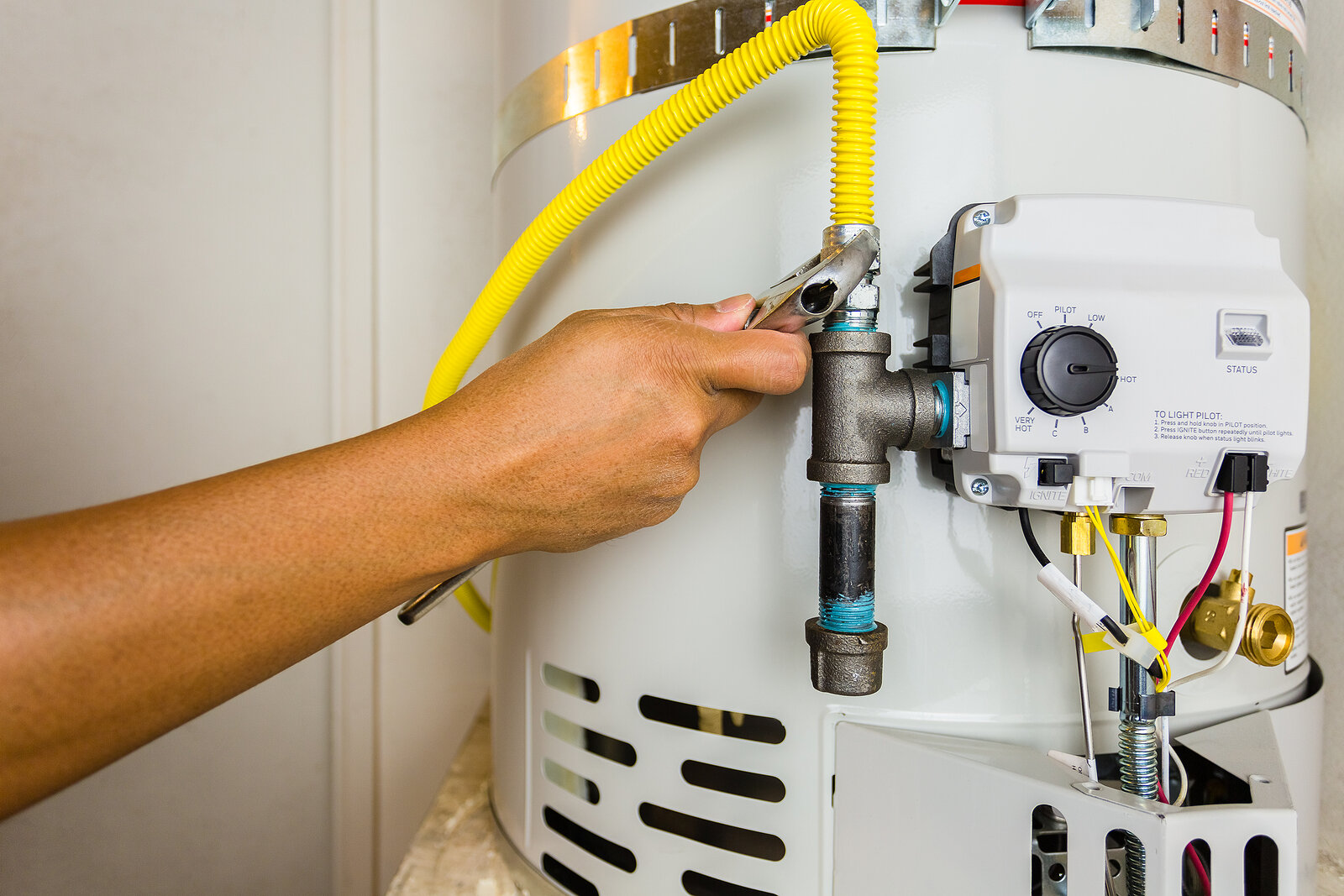
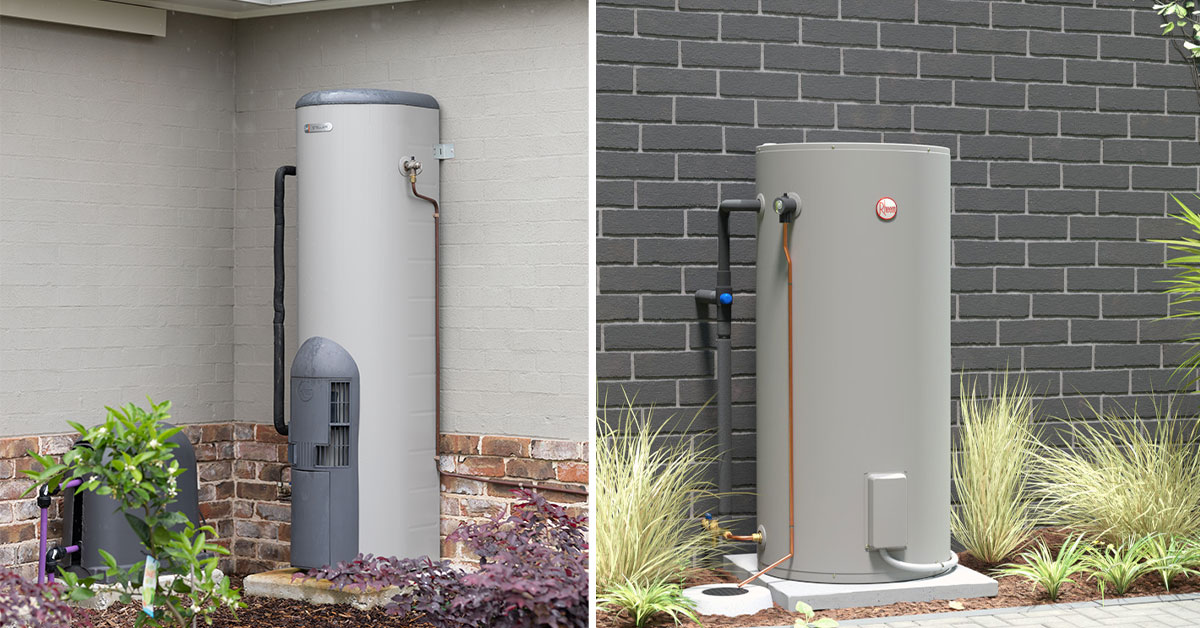
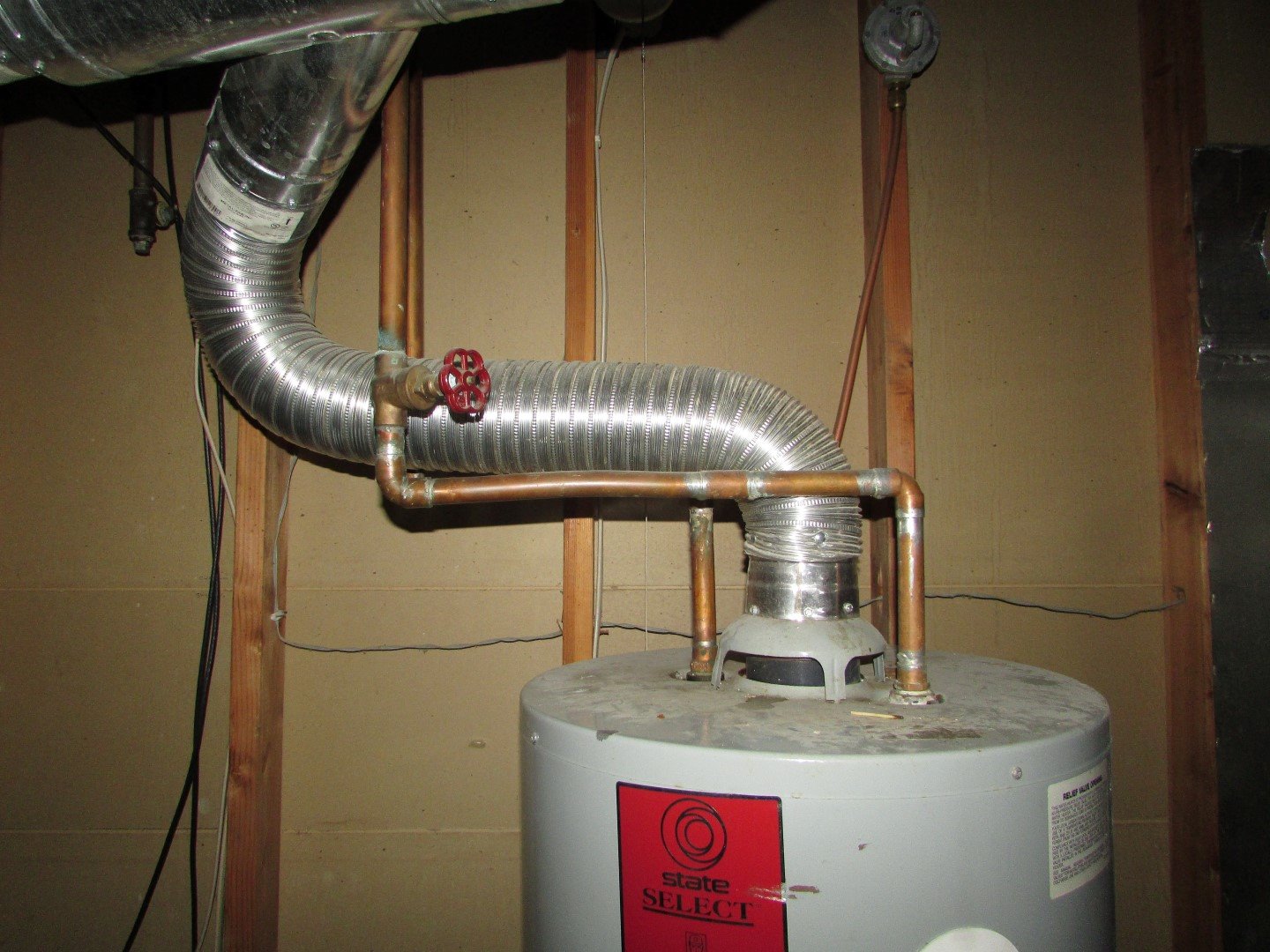
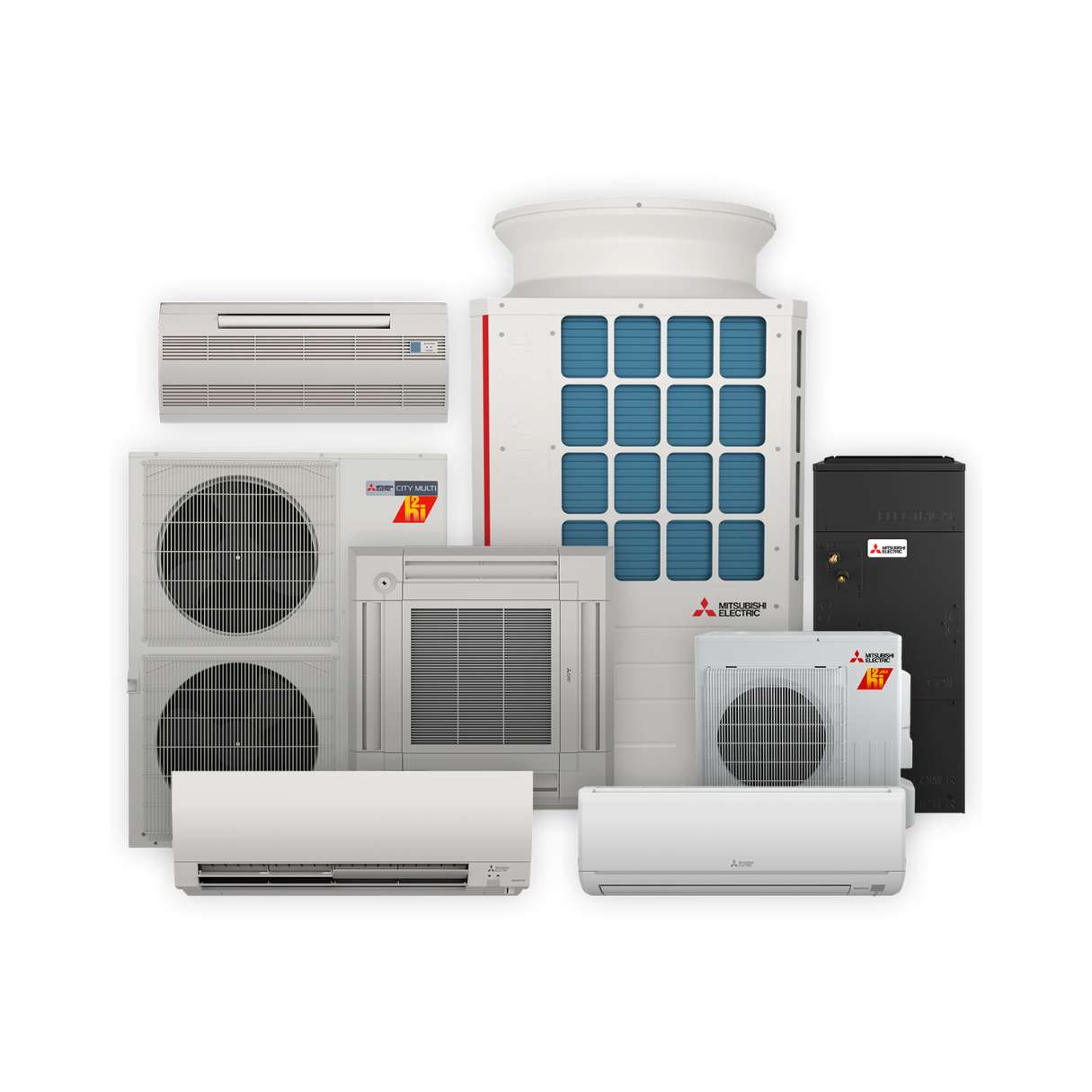
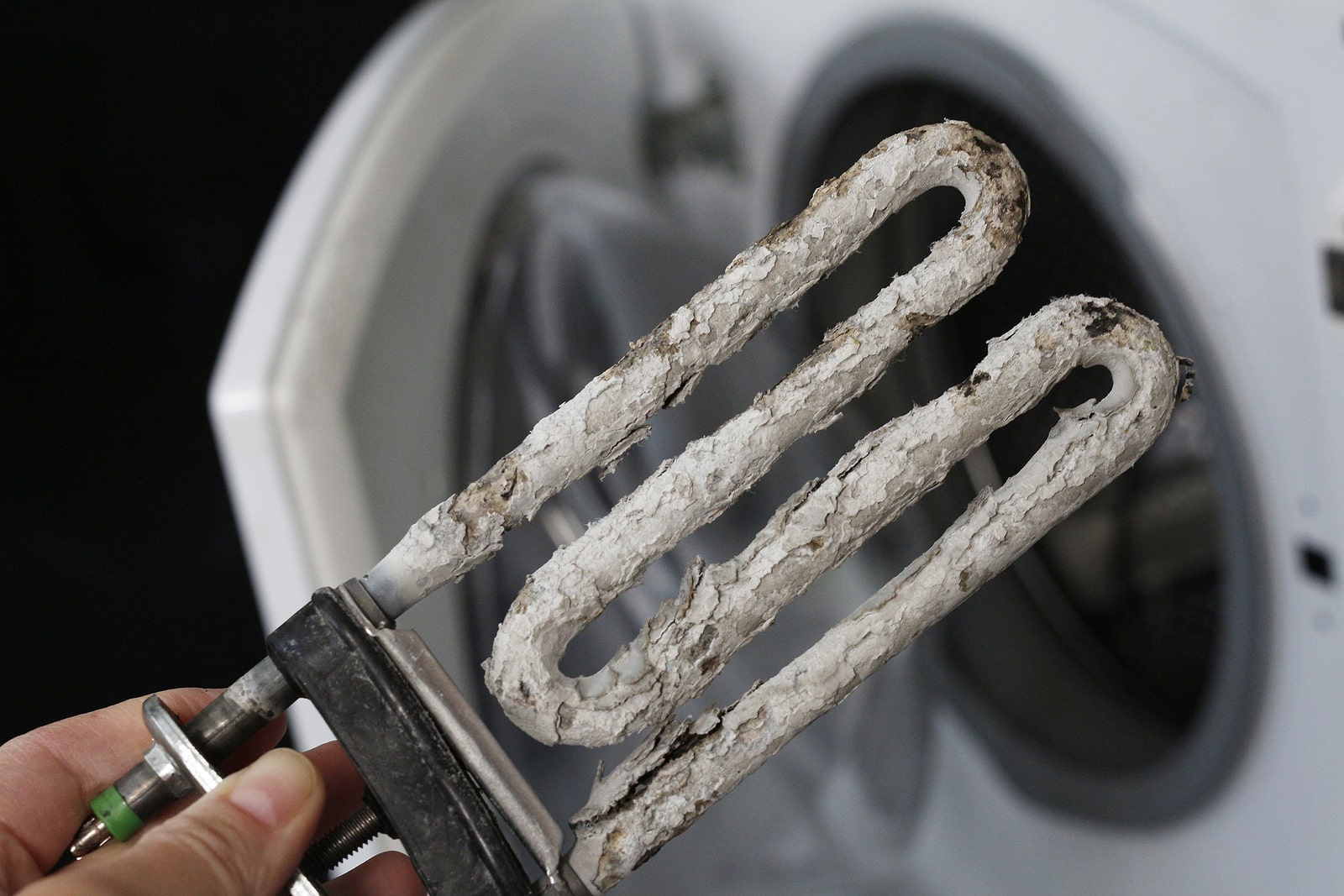
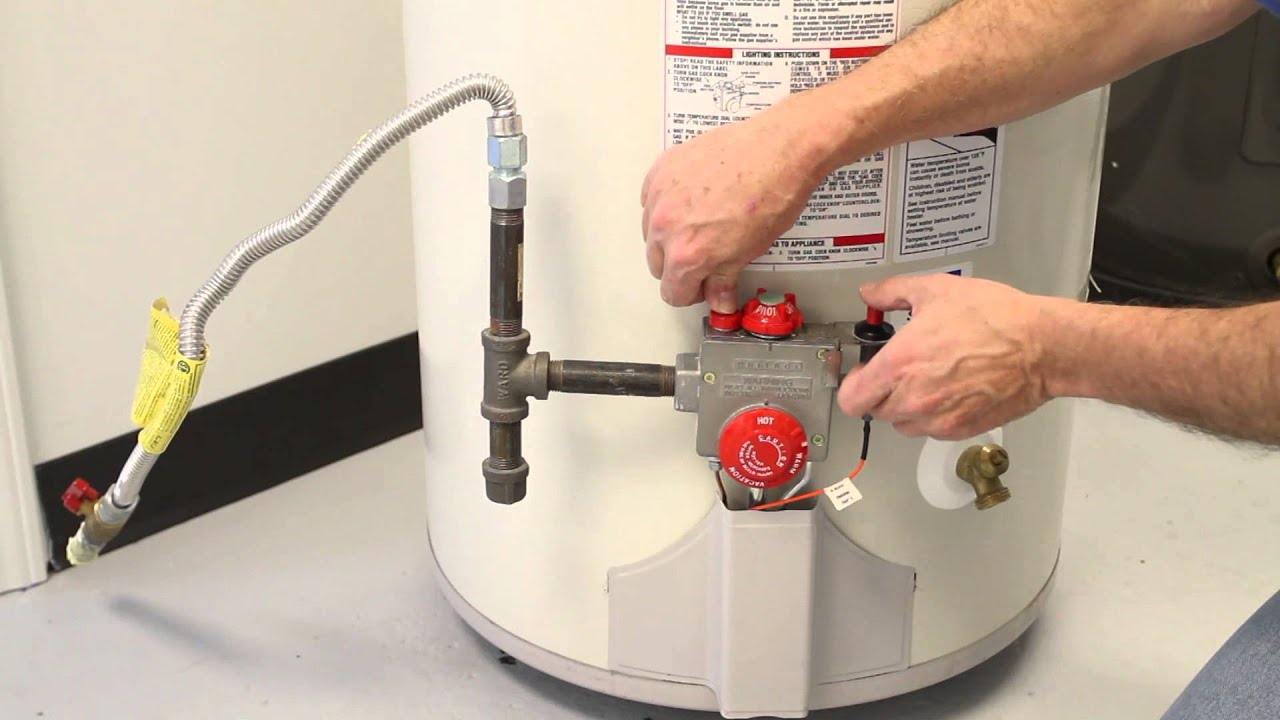
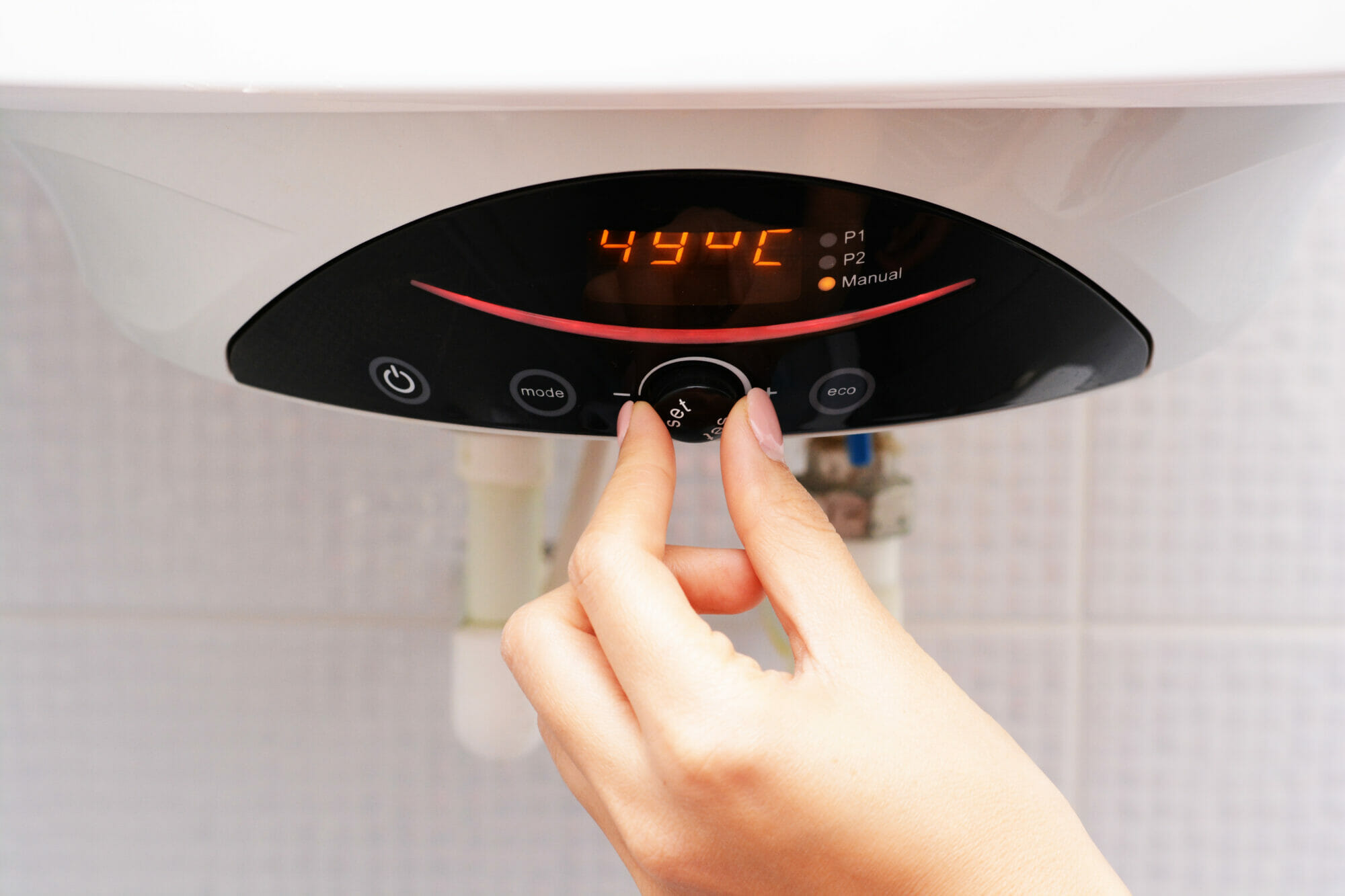
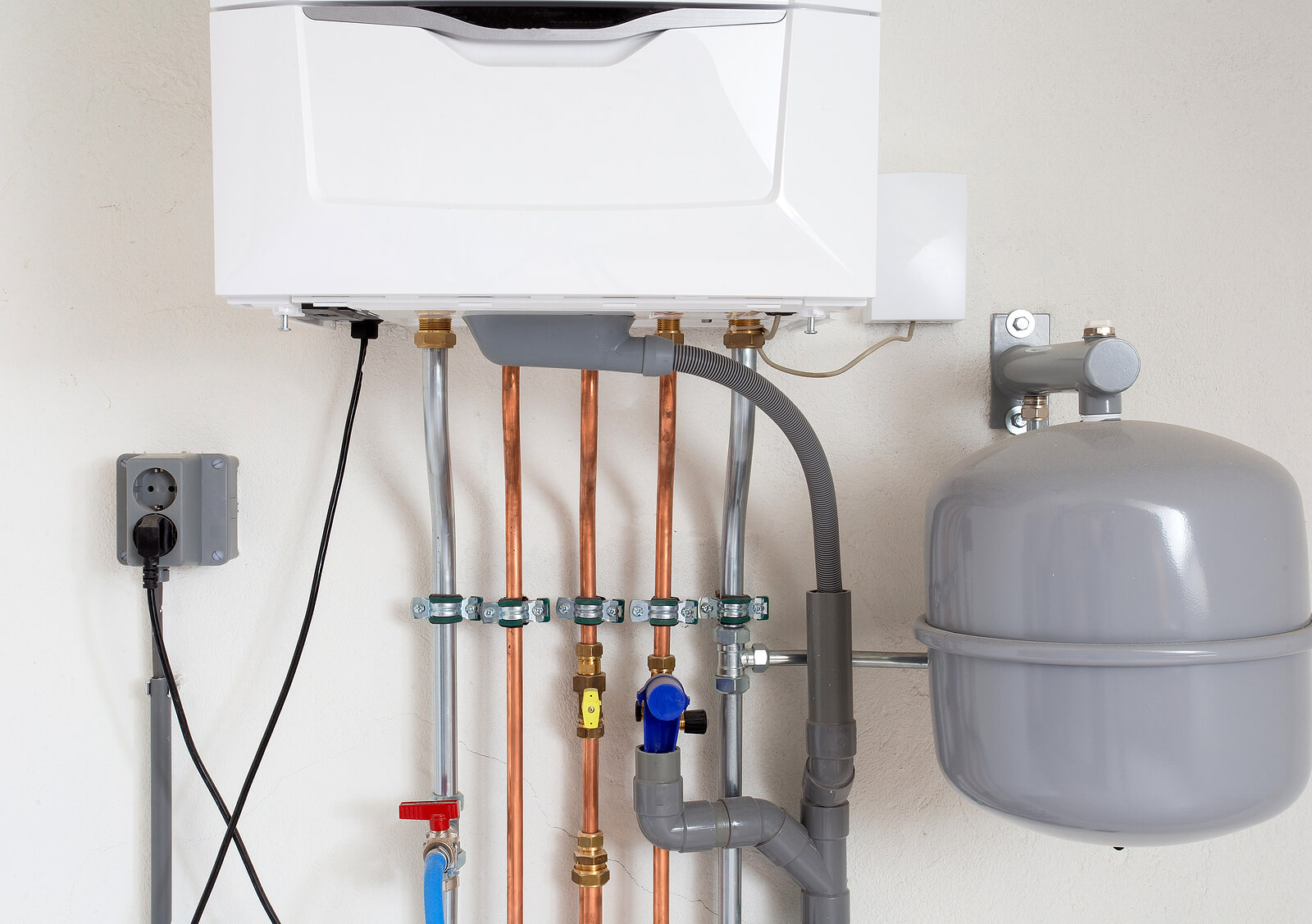
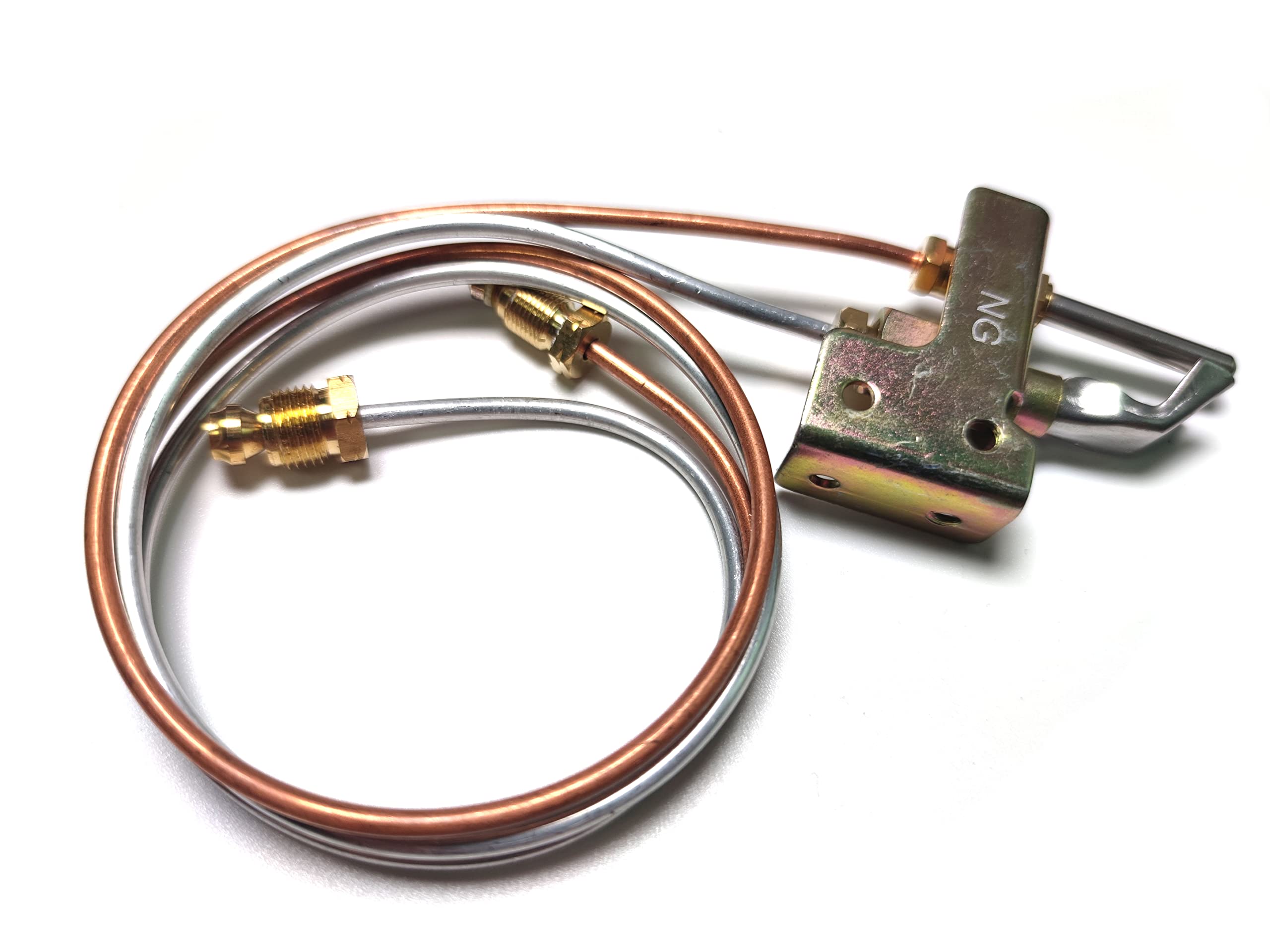
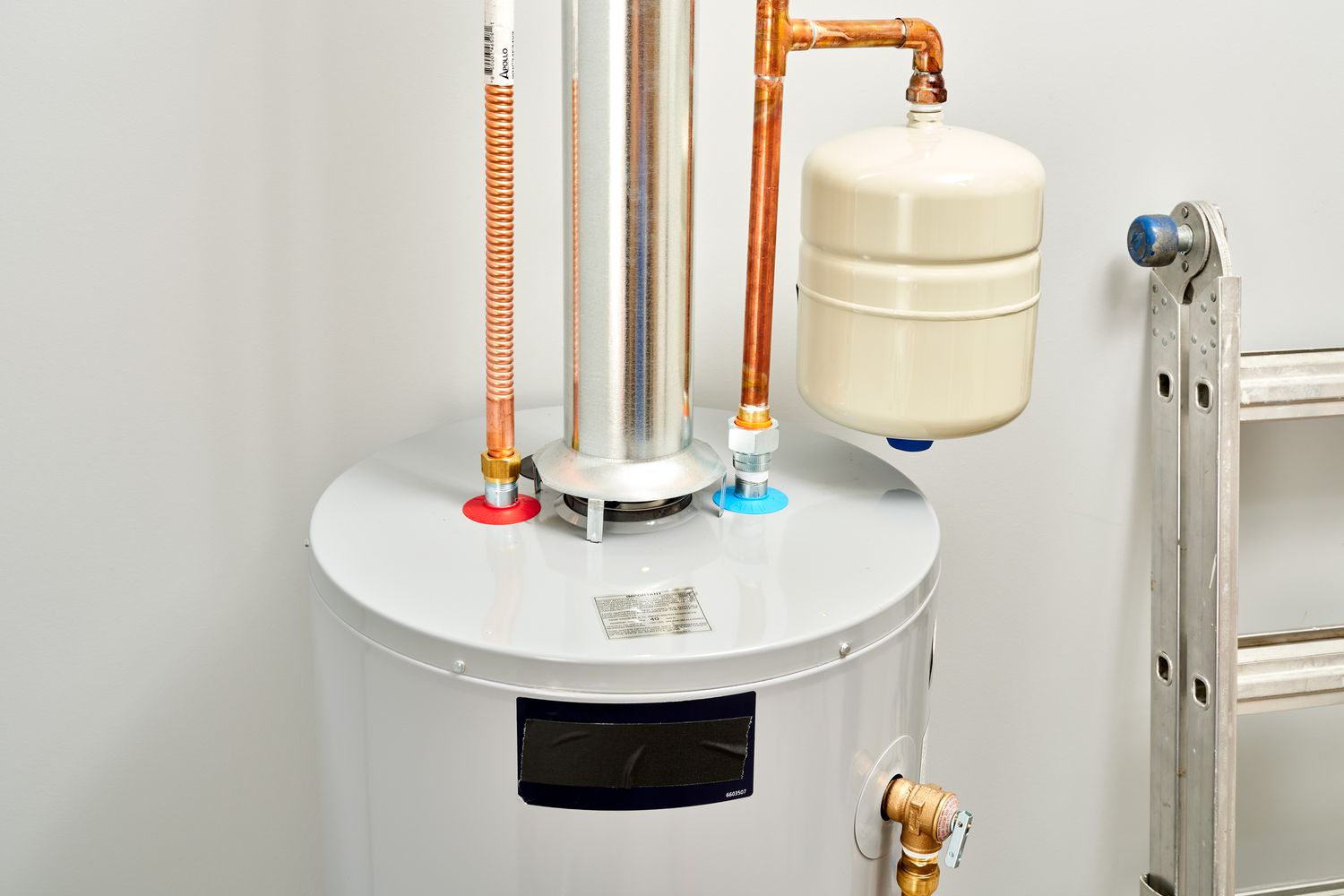
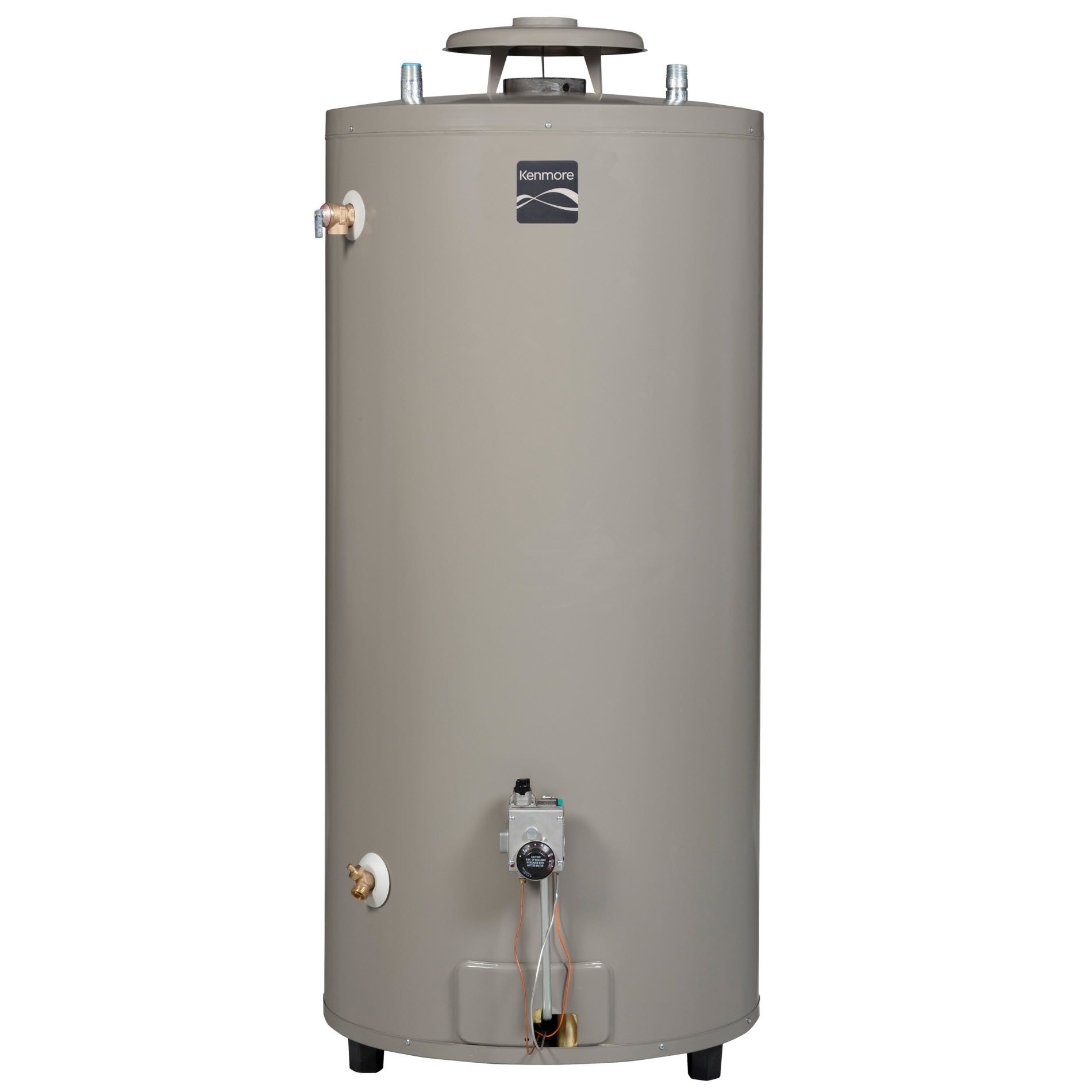
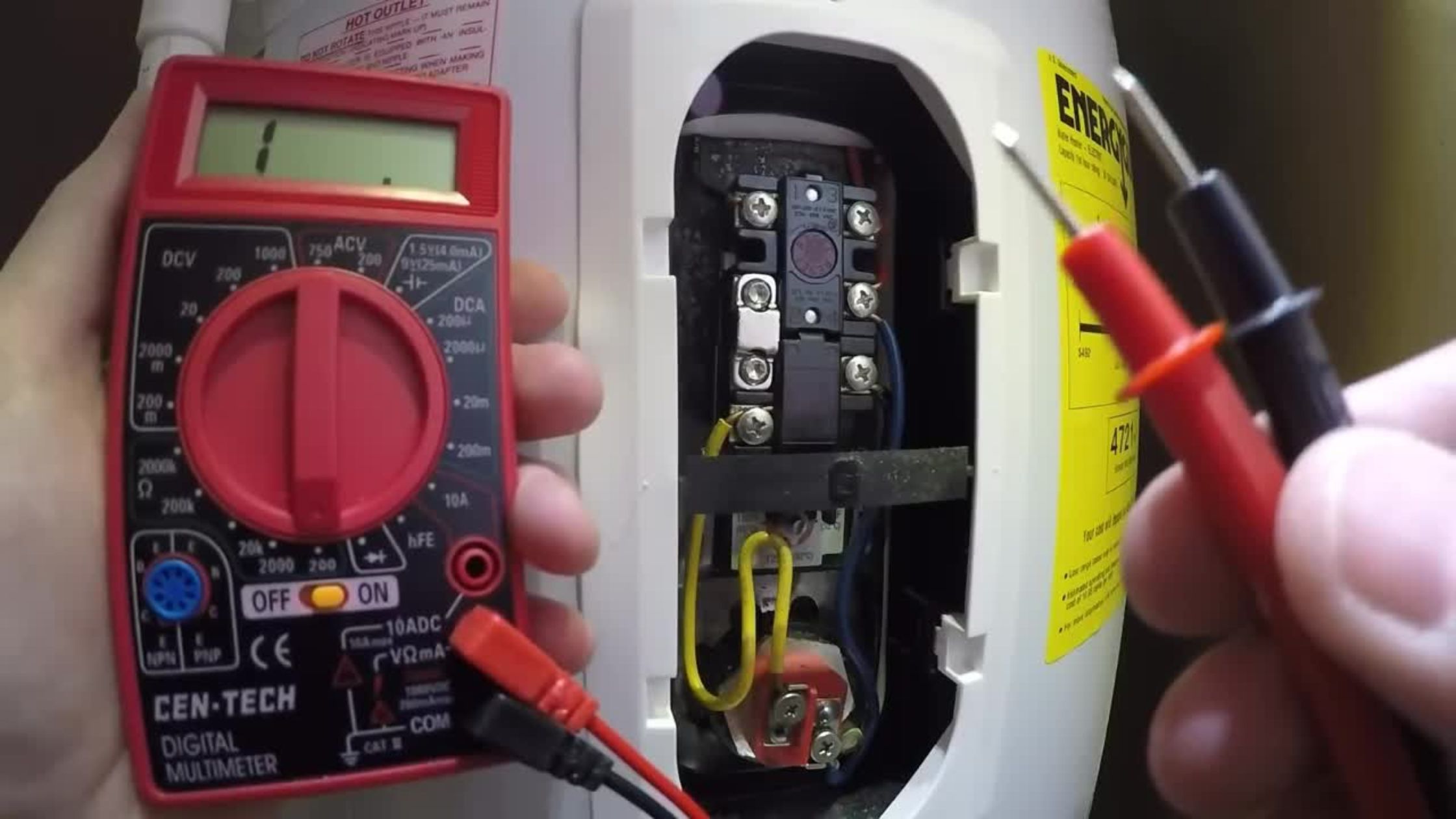
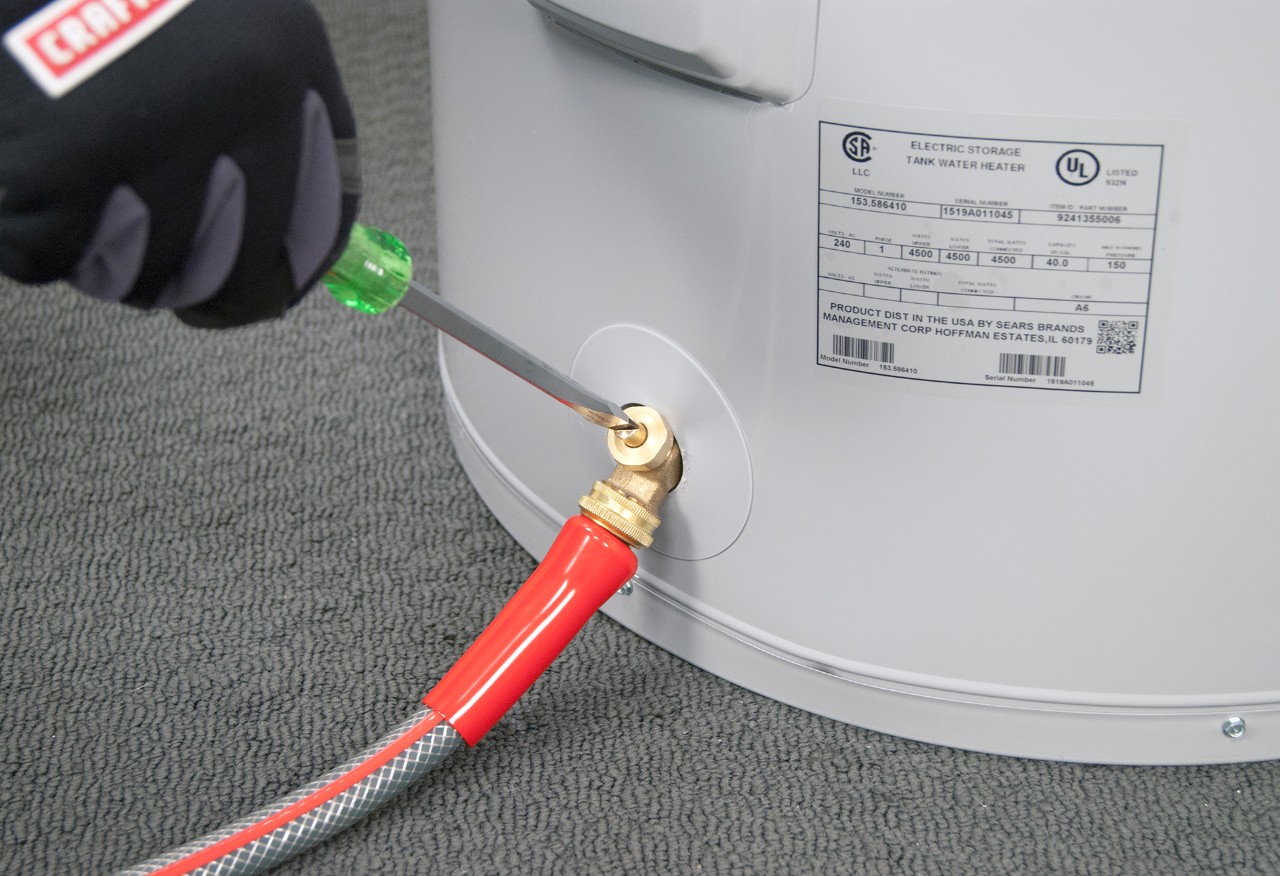
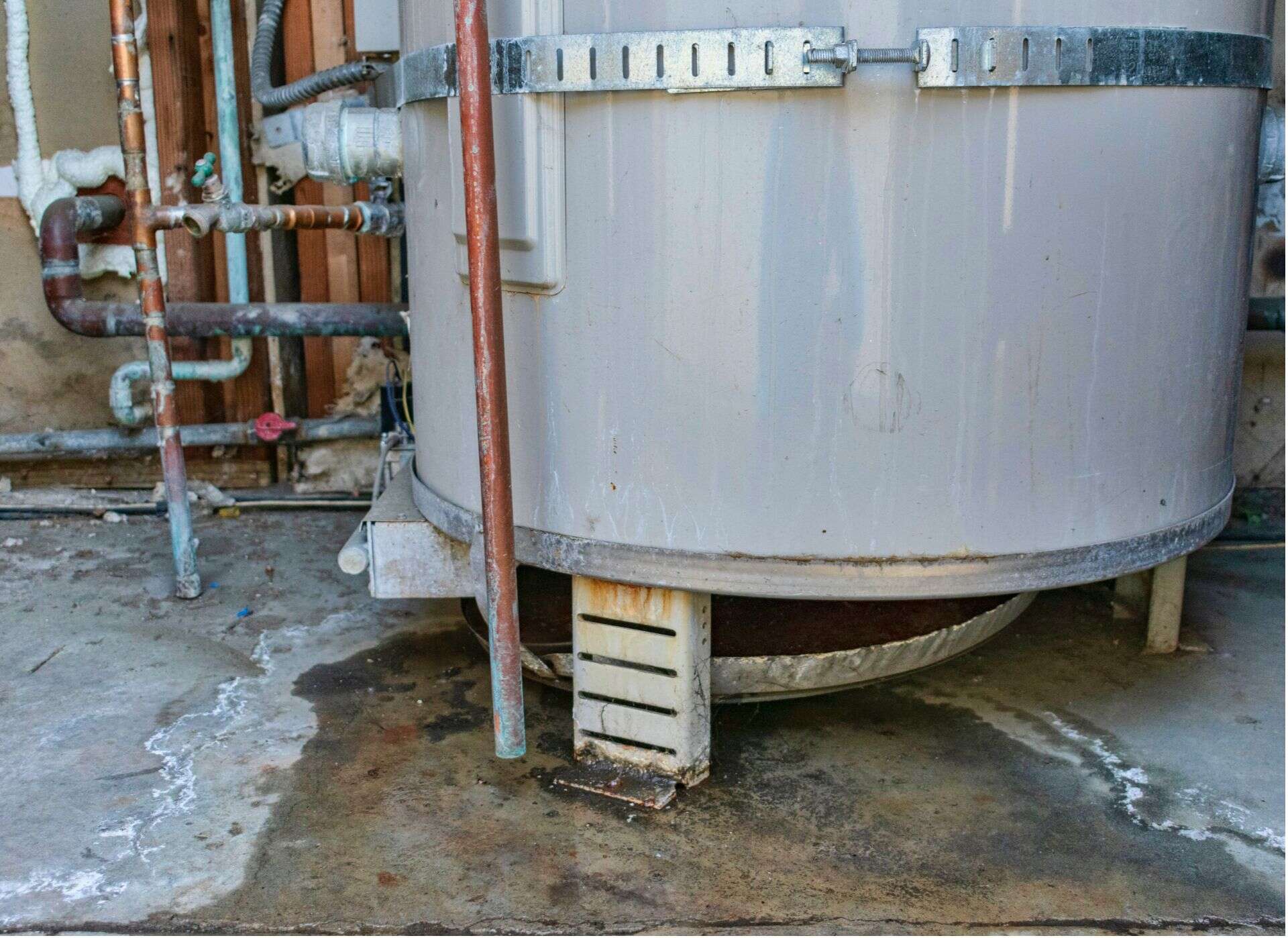

0 thoughts on “How To Tell If Water Heater Is Gas Or Electric”